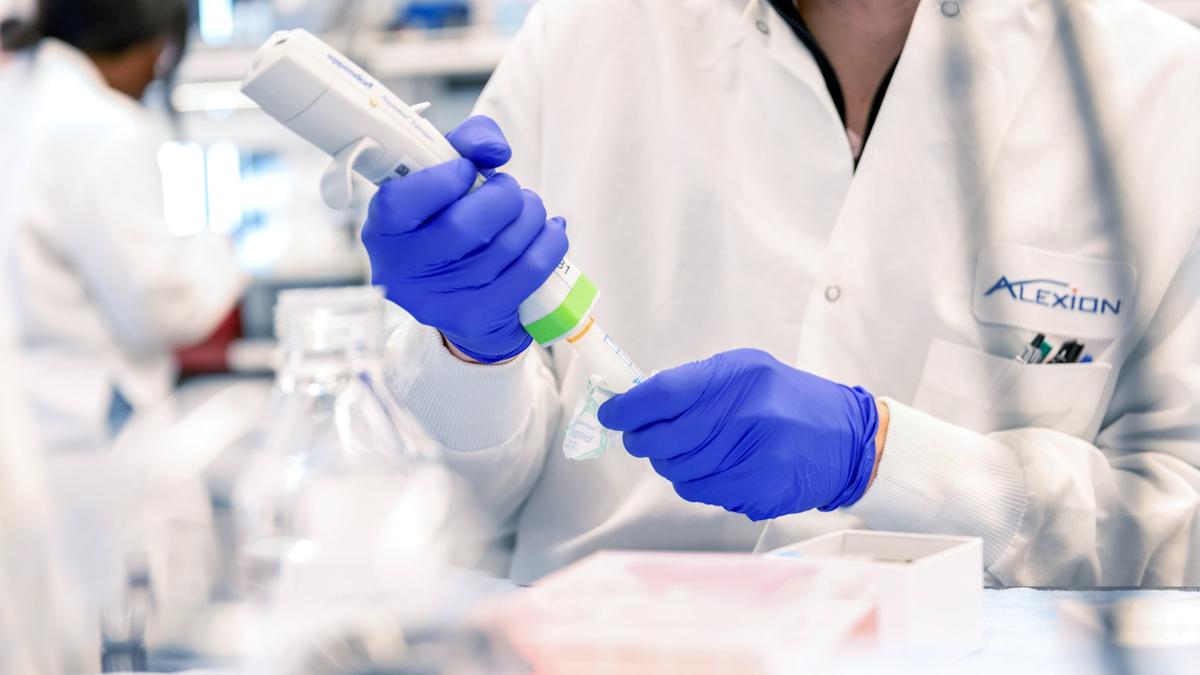Chasing Janssen, Alexion and Caelum start phase 3 AL amyloidosis trial

Alexion and development partner Caelum Biosciences have begun late-stage trials of their light-chain (AL) amyloidosis drug CAEL-101, snapping at the heels of Janssen and its recently-filed rival.
Janssen, the pharma division of Johnson & Johnson, could be the first company to market a therapy targeted at the rare disease following a US filing last week for Darzalex Faspro (daratumumab+hyaluronidase).
A potentially fatal disease that causes the rogue protein amyloid to build up in organs, the preferred treatment for AL amyloidosis is stem cell transplantation, but only a minority of patients are eligible and most patients receive chemotherapy in the absence of any formally approved targeted drugs.
Alexion and Caelum said their phase 3 trial will test CAEL 101, a first-in-class fibril targeted therapy, in combination with standard of care.
The CARES clinical program includes two parallel phase 3 studies – one in patients with Mayo stage IIIa disease and one in patients with Mayo stage IIIb disease – and will collectively recruit approximately 370 patients globally. Enrolment is underway in both studies.
The studies will involve AL amyloidosis patients who are newly diagnosed and have not received standard treatment (cyclophosphamide-bortezomib-dexamethasone (CyBorD) chemotherapy).
The primary goal of the trials will assess overall survival and will be conducted at approximately 70 sites across North America, the United Kingdom, Europe, Israel, Japan, and Australia.
While AL amyloidosis is the most common type of amyloidosis, it remains a rare disease with an estimated 30,000 to 45,000 people living with the disease in the US and Europe. Each year, an estimated 4,500 people develop AL amyloidosis in the US alone.
Symptoms depend on the worst affected organs, but it can lead to complications such as kidney and heart failure, as well as problems with the liver, spleen, nerves or digestive system,
The disease is caused by abnormal plasma cells in the bone marrow that produce the amyloid, which can enter the blood stream and form the deposits and the disease is usually treated with chemotherapy or steroids.
Takeda is also trying to develop its Ninlaro (ixazomib) to work in the disease but has hit problems after a phase 3 trial that read out late last year failed to improve on standard therapy in terms of efficacy.
However any benefits from Ninlaro did seem to last considerably longer when combined with the steroid dexamethasone.













